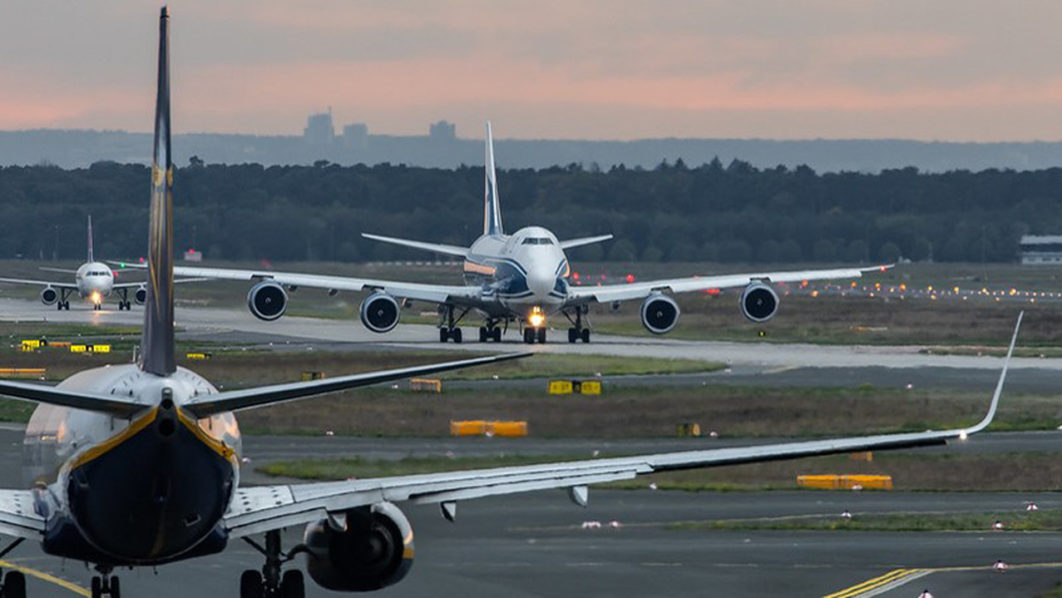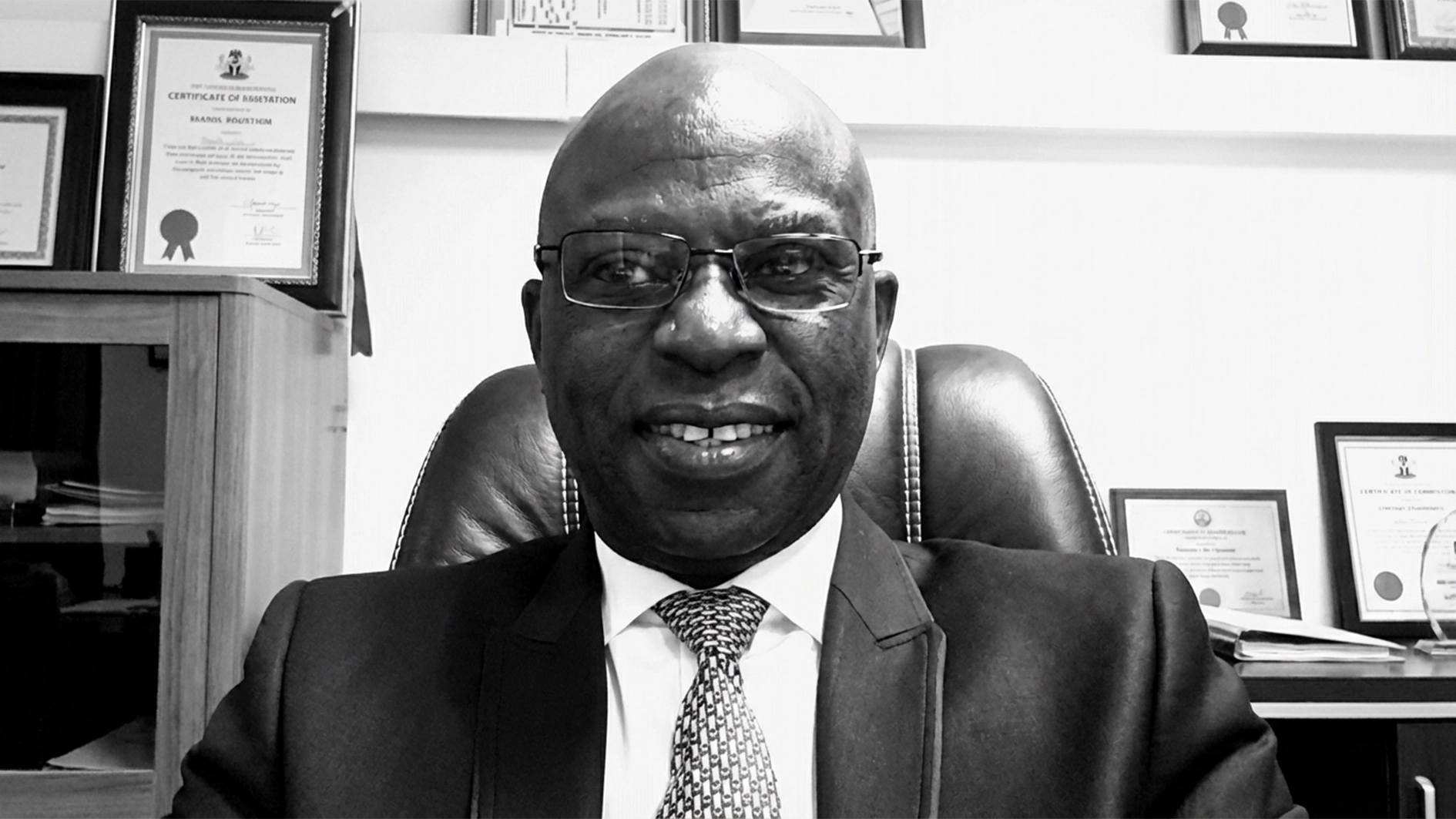
The International Air Transport Association (IATA), yesterday, bemoaned the slow pace of vaccination and travel restrictions in Nigeria and other African countries, describing it as a setback for expected recovery.
The body, at the ongoing yearly general meeting in Boston, United States, said the bottlenecks would cumulatively cost African carriers a $1.9 billion loss in 2021 and $1.5 billion in 2022.
It noted that the situation is not peculiar to the African continent, but in-country constraints, high taxes and charges would further dampen demands all through 2022.
IATA, the clearinghouse for 290 global airlines, also announced its latest outlook for airline industry financial performance showing improved results amid the continuing COVID-19 crisis.
New estimates showed that net industry losses are expected to reduce to $11.6 billion in 2022 after a $51.8 billion loss in 2021, worsened from the $47.7 billion loss estimated in April.
Net 2020 loss estimates have been revised to $137.7 billion (from $126.4 billion). Adding these up, total industry losses in 2020-2022 are expected to reach $201 billion.
Demand is expected to stand at 40 per cent of 2019 levels for 2021, rising to 61 per cent in 2022. Total passenger numbers are expected to reach 2.3 billion in 2021. This will grow to 3.4 billion in 2022, which is similar to 2014 levels and significantly below the 4.5 billion travellers of 2019.
However, robust demand for air cargo is expected to continue with 2021 demand at 7.9 per cent above 2019 levels, growing to 13.2 per cent above 2019 levels for 2022.
According to IATA, African carriers will see a very slow pace of recovery in financial performance from a $1.9 billion loss in 2021 to a $1.5 billion loss in 2022.
Low vaccination rates across the continent are expected to severely dampen demand throughout 2022. The slight improvement is built on the expectation of some recovery in intra-Africa travel and travel to some tourist destinations with relatively higher vaccination rates.
IATA’s Director-General, Willie Walsh, said the magnitude of the COVID-19 crisis for airlines is enormous. “Over the 2020-2022 periods total losses could top $200 billion. To survive, airlines have dramatically cut costs and adapted their business to whatever opportunities were available.
“That will see the $137.7 billion loss of 2020 reduce to $52 billion this year. And that will further reduce to $12 billion in 2022. We are well past the deepest point of the crisis. While serious issues remain, the path to recovery is coming into view. Aviation is demonstrating its resilience yet again,” Walsh said.
The air cargo business is performing well, and domestic travel will be near pre-crisis levels in 2022. The challenge is international markets, which remain severely depressed as government-imposed restrictions continue.
“People have not lost their desire to travel as we see in solid domestic market resilience. But they are being held back from international travel by restrictions, uncertainty and complexity. More governments are seeing vaccinations as a way out of this crisis. We fully agree that vaccinated people should not have their freedom of movement limited in any way. In fact, the freedom to travel is a good incentive for more people to be vaccinated. Governments must work together and do everything in their power to ensure that vaccines are available to anybody who wants them,” said Walsh.
IATA advised that in re-establishing global connectivity, the 11.3 million jobs (pre-COVID-19) in the aviation industry, and the $3.5 trillion of GDP associated with travel and tourism should be priorities for governments.
“Aviation is resilient and resourceful, but the scale of this crisis needs solutions that only governments can provide. Financial support was a lifeline for many airlines during the crisis. Much of that—approximately $110 billion— is in the form of support that needs to be paid back. Combined with commercial borrowing the industry is now highly leveraged.
“We don’t want handouts, but wage support measures to retain critical skills may be necessary for some airlines until governments enable international travel at scale. And regulatory alleviations—like continued slot wavers while international traffic recovers—will be needed well into 2022,” Walsh said.






